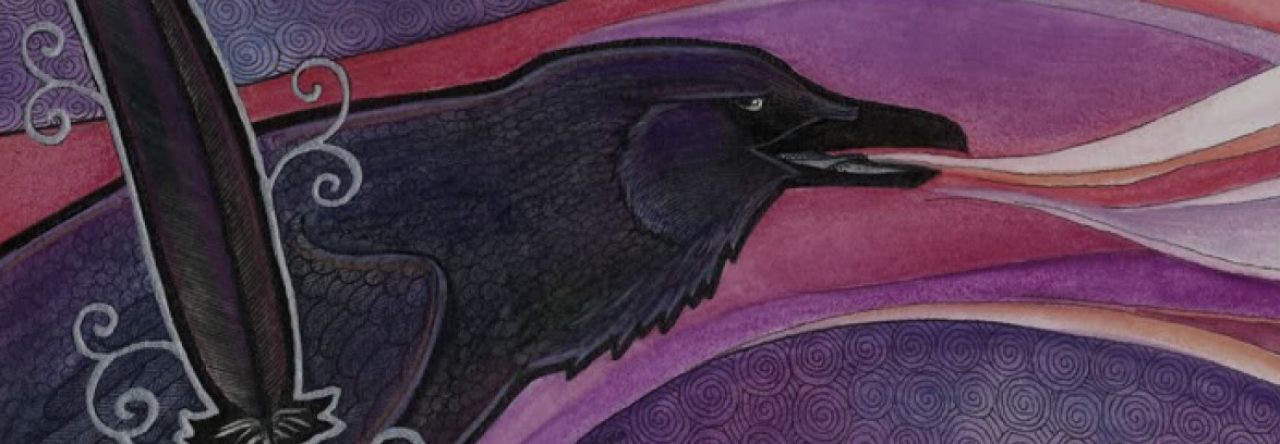Startling, unusual, and irresistibly readable, Among Others is at once the compelling story of a young woman struggling to escape a troubled childhood, a brilliant diary of first encounters with the great novels of modern fantasy and science fiction, and a spellbinding tale of escape from ancient enchantment.
As a child growing up in Wales, Morwenna played among the spirits who made their homes in industrial ruins. But her mind found freedom in the science fiction novels that were her closest companions. When her half-mad mother tried to bend the spirits to dark ends, Mori was forced to confront her in a magical battle that left her crippled—and her twin sister dead.
Fleeing to a father whom she barely knew, Mori was sent to boarding school in England—a place all but devoid of true magic. There, she tempted fate by doing magic herself, in an attempt to find a circle of like-minded friends. But her magic also drew the attention of her mother, bringing about a reckoning that could no longer be put off….
Combining elements of autobiography with flights of imagination, this is a stunning new novel by an author whose genius has already been hailed by dozens of her peers.
I started my Hugo novel reading with a reread of Among Others. I preordered this book on the basis of the blurb (science fiction! fairies! a boarding school novel!) and a love of several of Jo Walton’s previous books. I’m fairly sure that I actually picked it up and read it soon after it arrived (though a check at Goodreads may refute that and prove how bad my memory is), which is rare for me, who tends to hoard books unread. I do know that I devoured it.
Where do I even begin with this book? It has so many things that are particular loves of mine. I grew up reading a lot of Victorian children’s books – think What Katy Did – and the boarding school thing, even though it isn’t a huge part of the story, is always something that draws me in. I love the ambiguity of it all – the fact that Mori actually states baldly at several times that she is unable to tell the difference between her imagination and reality, which of course leads to the question about the reality of the magic that we see. Is Mori’s mother actually a witch, or is she just mad? Do the fairies exist? I love that there are no cut-and-dried answers (though I believe Walton herself has stated that the magic is, indeed, real), which means that the reader can make up their own mind.
And the science fiction! This book has been described so much as being a love letter to science fiction, and that is so true. It makes me want to go back in time and discover genre again myself. And it makes me realise how much classic SF I haven’t read. I found myself starting to make a list of everything that I wanted to read, and gave up quickly, realising that the list was getting ridiculous. Maybe if I stopped the nasty habit of sleeping?
I do remember that the first time I read this book, I found myself a little frustrated with how quickly the resolution of Mori’s mother’s plot came. It felt like an afterthought, and I wanted to see more of it. On this reread, I realised this: that plotline isn’t what the book is about at all, and it doesn’t matter that it comes quickly or too late or is over too fast. It’s there because it has to be there, and it’s an amazing scene when Mori and her mother confront each other, but it’s not the heart of the book.
This is absolutely a book that I’m going to read and reread. I am absolutely in love with it, and I am so glad that it won a Nebula Award. The rest of the novels in the Hugos shortlist are going to have to be damn good to win out against this one for me.


Leave a Reply